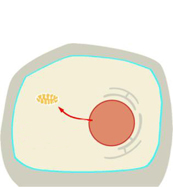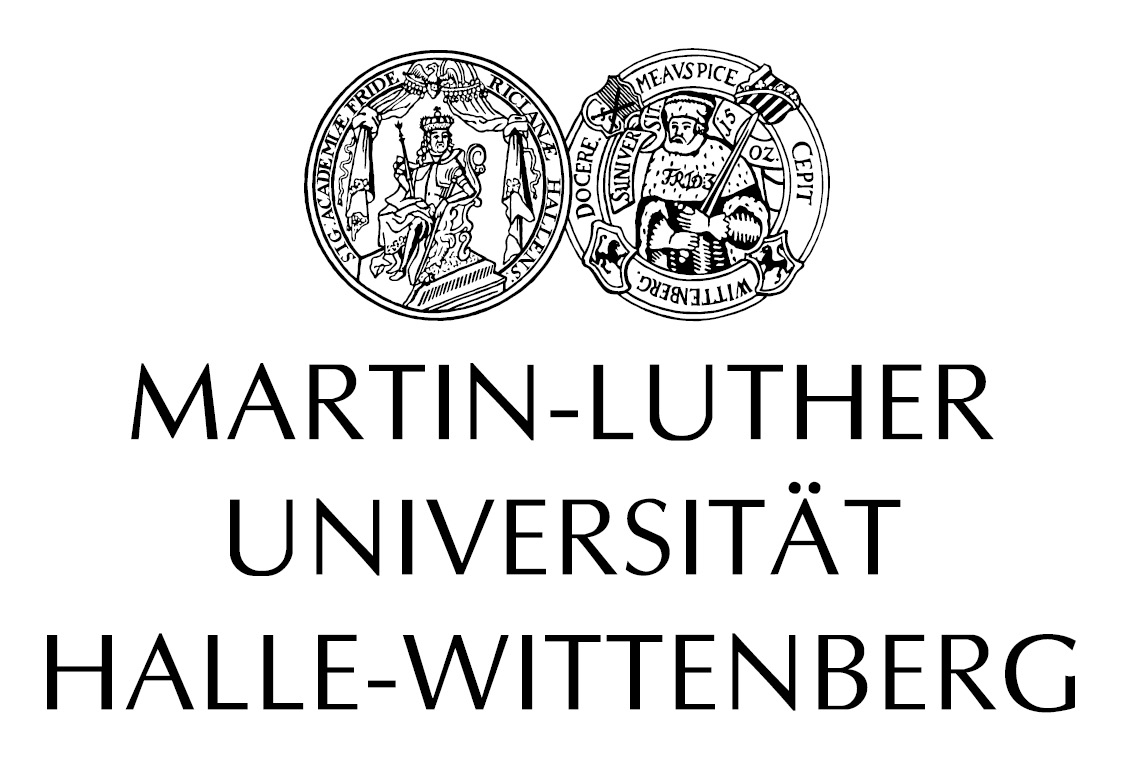
Complex I Proteostasis in Plants
Project Leader// Prof. Dr. Kristina Kühn
Co-Supervisor// Dr. Etienne Meyer
MLU, Institute of Biology
Department of Cell Physiology
Energy Metabolism in Plants
This project is independently funded by the DFG.
Cellular respiration is one of the pathways that is occurring in mitochondria to enable ATP production. Glycolysis, tricarboxylatic acid (TCA) cycle and oxidative phosphorylation (OXPHOS) system are the three main steps of respiration. The major ATP producer of respiration is the OXPHOS system which is comprised of the respiratory chain that transfers electrons from NADH and FADH2 to oxygen and ATP synthase which synthesizes ATP using the proton gradient formed in the mitochondria by translocation of protons. The respiratory chain comprises four membrane-bound enzyme complexes (complex I-IV). Complex I (NADH-Ubiquinone oxidoreductase) is a large multisubunit enzyme that is responsible for oxidizing NADH and electron transfer to ubiquinone.
A previous study identified proteins that were experimentally proven to be of importance for complex I level maintenance (Hansen et al., 2018). The focus of this project is to elucidate the function of two of these proteins: mtACP (mitochondrial acyl carrier proteins) and a small mitochondrial protein of 10kDa.
The roles of the mtACP considering different isoforms will be characterized to assign the individual functions to the proteins and to detect their role in the OXPHOS system. In order to accomplish this, the complex I levels and accumulation of assembly intermediates will be analyzed in single, double and triple mutants. Also, the interaction partners of each mtACP, as well as the lipids they carry, will be investigated. Therefore, it will be possible to identify if the mtACPs are involved in complex I function through lipid metabolism and/or contributes to the complex structurally. Moreover, as mtACP proteins are necessary for other pathways, the functions that do not involve complex I will also be identified to bring insight into the likely very crucial role of these proteins in the plant metabolism.
The same approach will be adopted for the characterization of the function of the second protein of interest, the small mitochondrial protein of 10kDa.
In summary, the aim of the project is to bring new insight into the machinery and mechanism of complex I proteostasis in plants.


